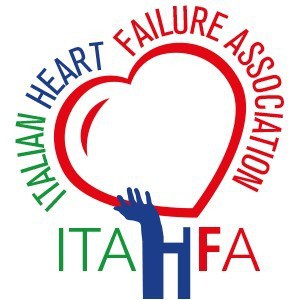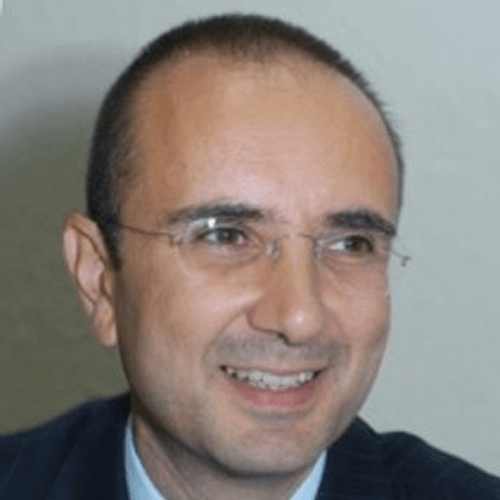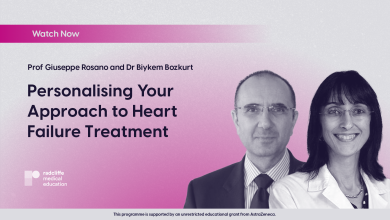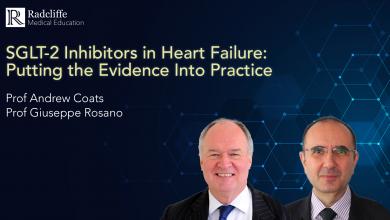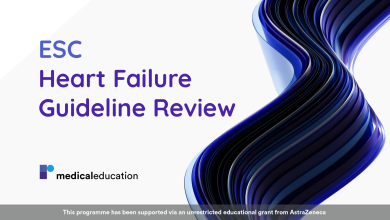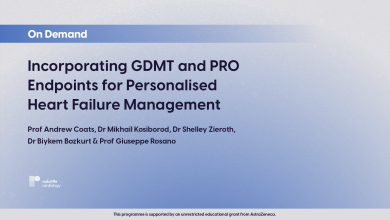Search results
Author(s):
Gabriele Fragasso
Added:
3 years ago
The development of heart failure is rarely dependent on primary alterations of cardiac metabolism. The majority of heart failure cases result from diseases of the cardiac muscle, most frequently ischaemic heart disease. However, whatever the cause of heart failure, the net result will be depletion of myocardial adenosine triphosphate (ATP), phosphocreatine and creatine kinase levels with…
View more
Author(s):
Giuseppe Rosano
,
Cristiana Vitale
Added:
3 years ago
Heart failure (HF) affects 1–2% of the population in developed countries and absorbs a significant amount of human and economic resources.1–3 It is a complex syndrome, characterised by a spectrum of symptoms and signs ranging from minimal loss of normal functional capacity to more severe symptoms refractory to medical therapy. It may be associated with different aetiologies and varying degrees of…
View more
Giuseppe Rosano
Research Area(s) / Expertise:
Job title: Consultant Cardiologist and Professor of Cardiology (Hon)
Author
Author(s):
Yury Lopatin
Added:
3 years ago
Heart failure is currently one of the leading causes of death and disability worldwide, which makes it a major public health problem.1,2 Traditionally, heart failure is considered a complex syndrome with several features, including abnormal myocardial function and excessive, continuous neurohumoral activation. In this context, the current optimal pharmacological treatment of heart failure focuses…
View more
Author(s):
Biykem Bozkurt
,
Giuseppe Rosano
Added:
1 year ago
This video series is dedicated to the adoption of patient-reported outcomes (PROs) and initiation of guideline-directed medical therapy (GDMT) in daily practice.
In this second discussion of the series,Prof Giuseppe Rosano(St George’s University Medical School, London, UK) andDr Biykem Bozkurt (Baylor College of Medicine, Texas, US) consider how we can be personalising our approach to the…
View more
Author(s):
Andrew JS Coats
,
Giuseppe Rosano
Added:
2 years ago
Following the release at ESC 2021 of updated guidelines for the diagnosis and treatment of acute and chronic heart failure, Prof Andrew Coats (Monash University, Australia and University of Warwick, UK) and Prof Giuseppe Rosano (St George's, University of London, UK) discuss the implications for treatment strategies.
This three-part series provides comprehensive update on some of the most…
View more
ESC 2023 – Heart Failure Guideline Review
Video Series
Author(s):
Giuseppe Rosano
,
Cristiana Vitale
,
Petar M Seferovic
Added:
3 years ago
Diabetes mellitus is highly prevalent amongst patients with heart failure, especially those with heart failure and preserved ejection fraction (HFpEF), and patients with the two conditions have a higher risk of mortality compared with patients without diabetes or heart failure.1–3 Diabetic patients have an increased risk of developing heart failure because of the abnormal cardiac handling of…
View more
Author(s):
Giuseppe Rosano
,
Richard Henry P Tiongco
,
Rungroj Krittayaphong
,
et al
Start date:
Oct 05, 2022
View more
Author(s):
Mikhail Kosiborod
,
Shelley Zieroth
,
Andrew JS Coats
,
et al
Added:
1 year ago
This series of peer-to-peer discussions examines the practicalities of personalising heart failure management in the context of recent changes to international clinical practice guidelines.
At this exciting juncture, we now have two SGLT-2 inhibitors that offer clinical benefit across the spectrum of ejection fraction, and an increasing body of real-world and registry-based data showing…
View more







